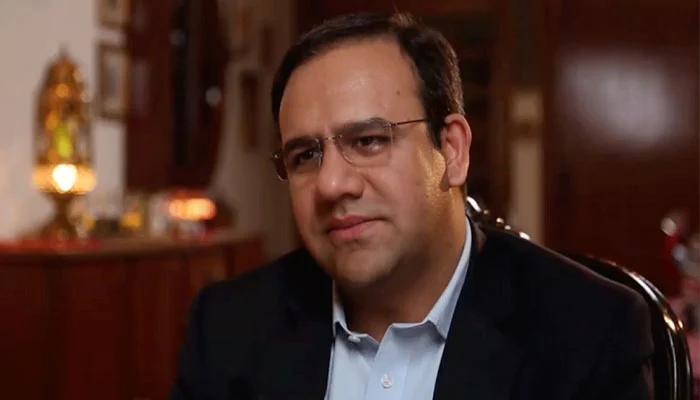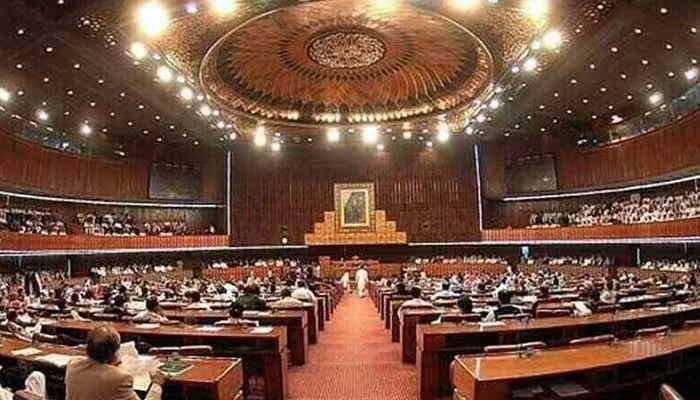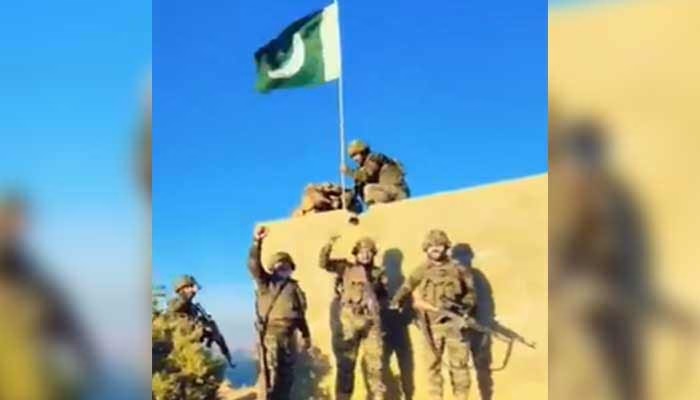The Chief of Army Staff, General Qamar Javed Bajwa, delivered a significant message during a meeting with religious scholars at Army Headquarters in Rawalpindi. He reiterated that Pakistan belongs to all its citizens without discrimination based on religion, province, tribe, language, race, or any other distinction. General Bajwa strongly condemned the unacceptable use of force and armed actions by any institution or group outside the state.
The meeting focused on countering misleading propaganda and resolving internal conflicts propagated by extremists. According to the Inter-Services Public Relations (ISPR), all leaders of religious thought unanimously condemned terrorism, extremism, and sectarianism. The scholars expressed their complete support for efforts to eliminate these threats and promote peace and stability in the country.
Religious scholars pledged their unwavering support for the relentless efforts of the state and security forces in ensuring law and order, peace, and stability in Pakistan. They discussed measures to counter illegal residents, implement a documentation system (passport), combat smuggling, and address issues related to hoarding and electricity theft.
The forum also expressed complete solidarity with Pakistan’s stance on countering terrorism originating from Afghan territory. The scholars voiced their concerns and condemnation regarding the ongoing conflict in Gaza, denouncing the injustices inflicted upon the Palestinian people.
General Bajwa’s commitment to addressing the challenges posed by extremists and fostering national unity was highlighted. He emphasized the need for collective efforts to eliminate terrorism, ensure security, and establish lasting peace in the country. The scholars echoed the sentiment that Islam is a religion of peace and harmony, denouncing distorted interpretations that serve only the personal interests of a few and have no connection to Islamic teachings.
The meeting between General Qamar Javed Bajwa and religious scholars underscored the importance of unity, rejected sectarianism, and emphasized the shared commitment to building a peaceful and inclusive Pakistan. The collaboration between the military and religious leaders showcased a united front against terrorism, extremism, and divisive ideologies, promoting a vision of a harmonious and secure nation.



